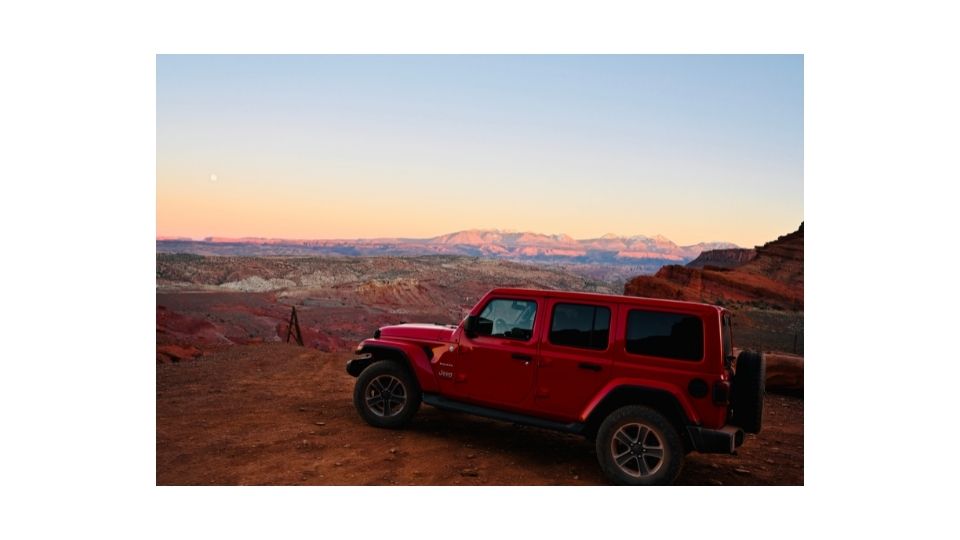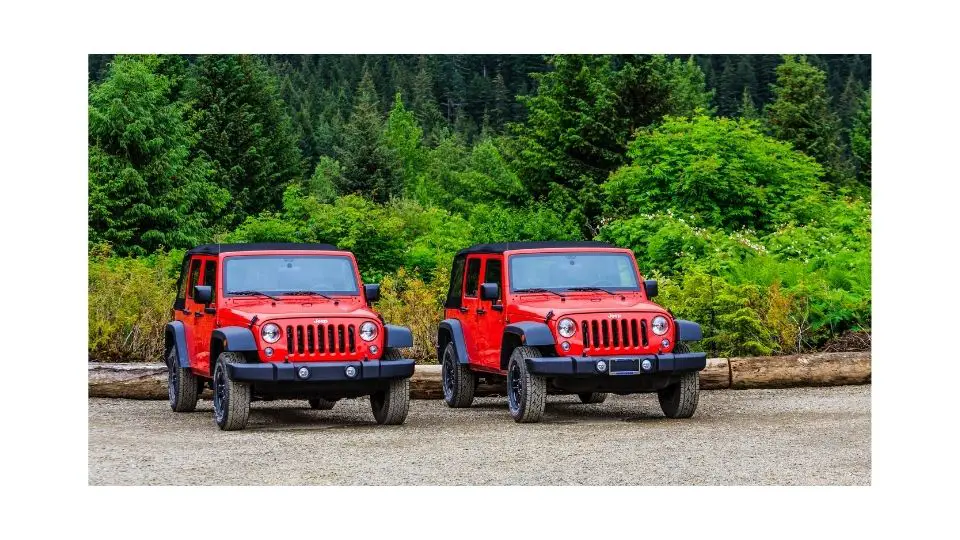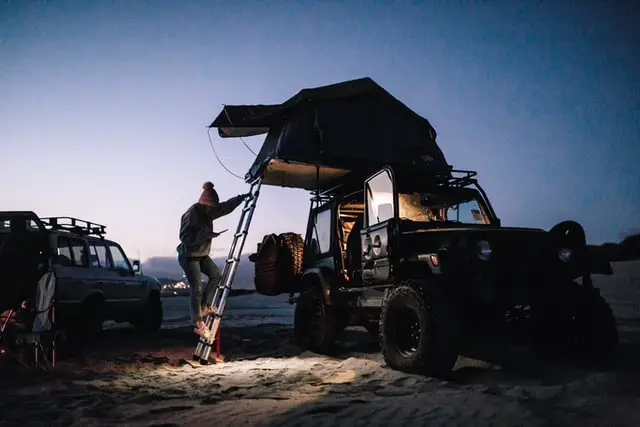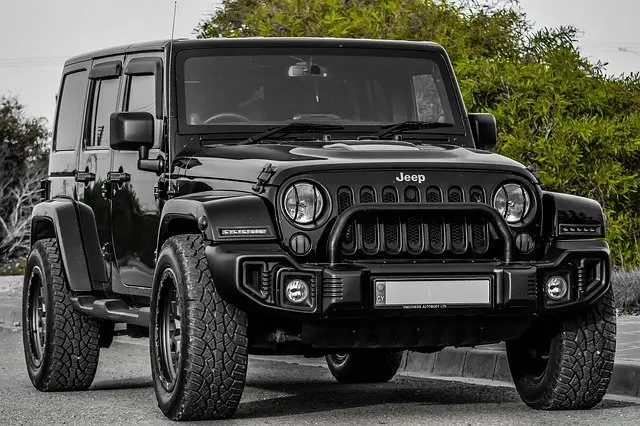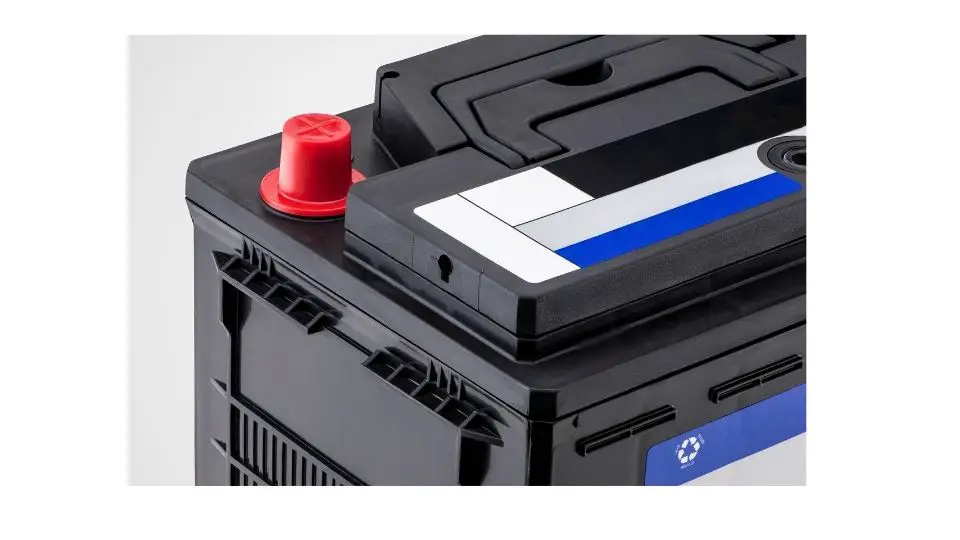Jeep Wrangler may be one of the best (if not the best) offroaders but it certainly isn’t amongst the most reliable cars. Anyhow, the owners of Jeep Wranglers absolutely adore them and would maintain their vehicles to the best of their capacity. If you notice that your Jeep Wrangler loses power while driving, it is important that you figure out the reason behind this problem.
The normal and efficient operation of any vehicle requires the presence of adequate airflow, fuel, and compression. Any compromise in any of these factors would result in a loss of horsepower. There could be many possible reasons behind this frustrating problem. I have tried my best to explain the common reasons and the possible solutions.
Why your Jeep Wrangler Loses Power While Driving
Clogged Fuel Filter:
If your Jeep doesn’t behave in the usual way when you press on the accelerator, it could indicate a problem inside your vehicle’s fuel system. The most common reason behind such issues is a clogged fuel filter.
The function of a fuel filter is to ensure that all dirt and debris stay outside the fuel system. This component demands adequate cleaning after some time. When the fuel filter is clogged, the other components of your vehicle have to exert more force in the production of a relatively lesser drive. A clogged fuel filter could make your Jeep very inefficient.
You wouldn’t get the power that you need at the time you press the accelerator. This issue might make it impossible for your car to ascend uphill. a Clogged fuel filter is the most common cause, it is also the easiest to repair.
Bad Injectors:
It is possible for your wrangler’s fuel injector to either be clogged or leaking. This would create problems when you try to accelerate your Jeep or attempt to reach high revs. However, fuel injector problems seldom arise alone. These are usually accompanied by issues with the ignition system. You could notice misfiring or smell fuel in the vicinity of your car.
Faulty Turbocharger:
Turbochargers are fitted to Jeep wrangler engines as standard. They serve to increase the pressure in the combustion chamber so that more fuel can be added and additional power can be generated from explosions inside the cylinder.
Turbochargers help greatly enhance the efficiency of the engine. But whenever they go bad, the engine starts losing power. Simple dirt or debris could mess up the functioning of this system.
This is why it is important to ensure that there is no hole or loose connection in the tubing. The performance of your Jeep can be severely impacted by easily preventable reasons. It is important that the turbochargers of your Jeep are adequately maintained with the appropriate supply of oil.
Bad Catalytic Converter:
In case your Jeep seems to be accelerating slower than usual, this may be a sign of a clogged catalytic converter. The harmful emissions of your Jeep are cut down by its catalytic converter. Special catalysts are employed to turn harmful pollutants into water and less dangerous gases. When the catalytic converter gets blocked, the Jeep engine is incapable of revving to its maximum capacity.
Cooling System Overload:
Your cooling system serves to maintain the adequate temperature of your vehicle’s engine. When the external temperatures are high, the heating system would be overloaded. This would cause the cooling fan to run faster and a significant amount of power may be driven away from the vehicle’s engine. This could greatly reduce your Jeep’s overall performance.
There occurs a more serious issue when the outside temperature is cool and your engine is still overheating. You must always pay attention to the temperature of your Jeep’s engine. Exerting your Jeep on a hot engine could cause serious and permanent damage. This factor is usually encountered at high altitudes where the air is thin and the cooling system often gets overheated.
Insufficient Cylinder Compression
A Jeep’s engine performs adequately and generates optimum power when the cylinder compression through the combustion process is adequate. Low compression would lower the power produced so the engine wouldn’t function at its best. The diagnosis of this problem is the first step toward solving it.
Incorrect fuel-to-air ratios result in an engine misfire. These small explosions can drain a significant amount of power when you press the accelerator. There occurs a loud band that is sometimes accompanied by a burst of flames. Backfiring exhaust can result from problems in the fuel pump, troubles with the carburetor, or leaks in the fuel tank.
Final Thoughts
Numerous factors could be behind the Jeep Wrangler that loses power while driving. The exact reason can only be located by a qualified mechanic. It is suggested that you don’t exert your vehicle when it shows these symptoms and takes it to a mechanic as soon as possible. The possible reason could be a simple malfunction or a serious underlying problem. You must not take chances when exerting your Wrangler’s engine could possibly make the problem worse.

